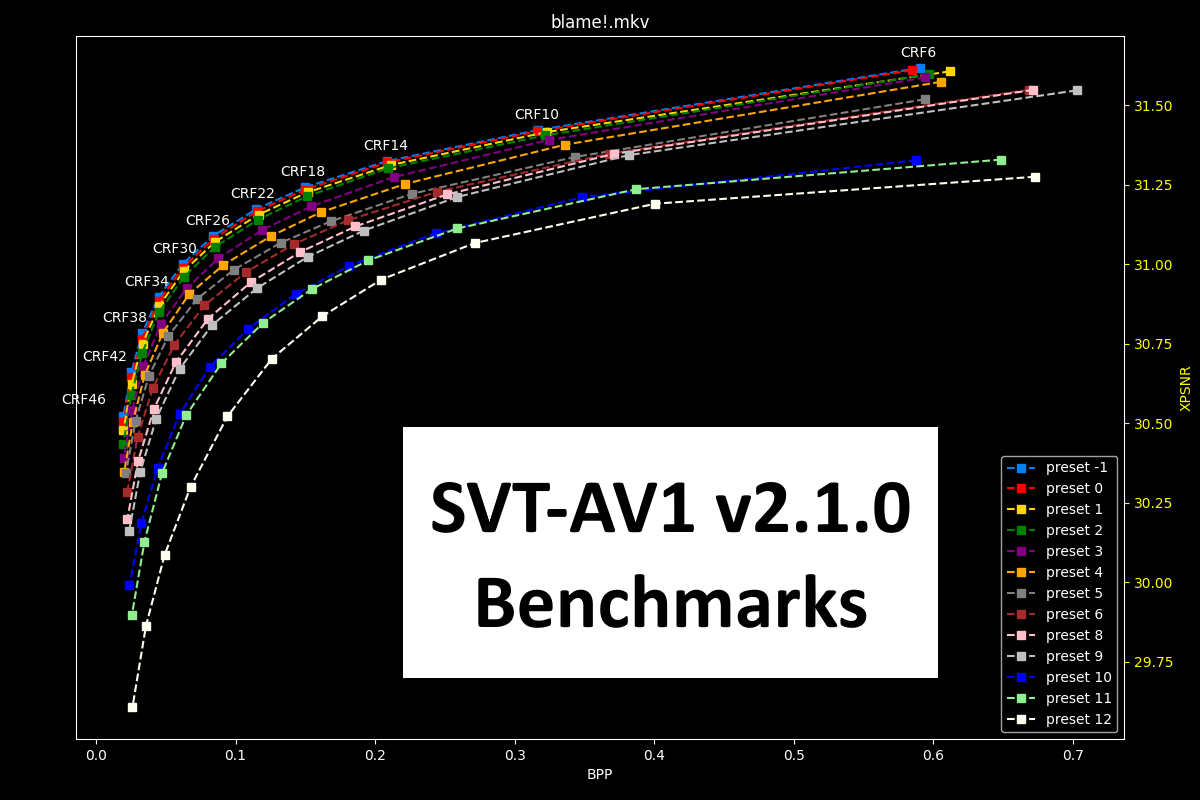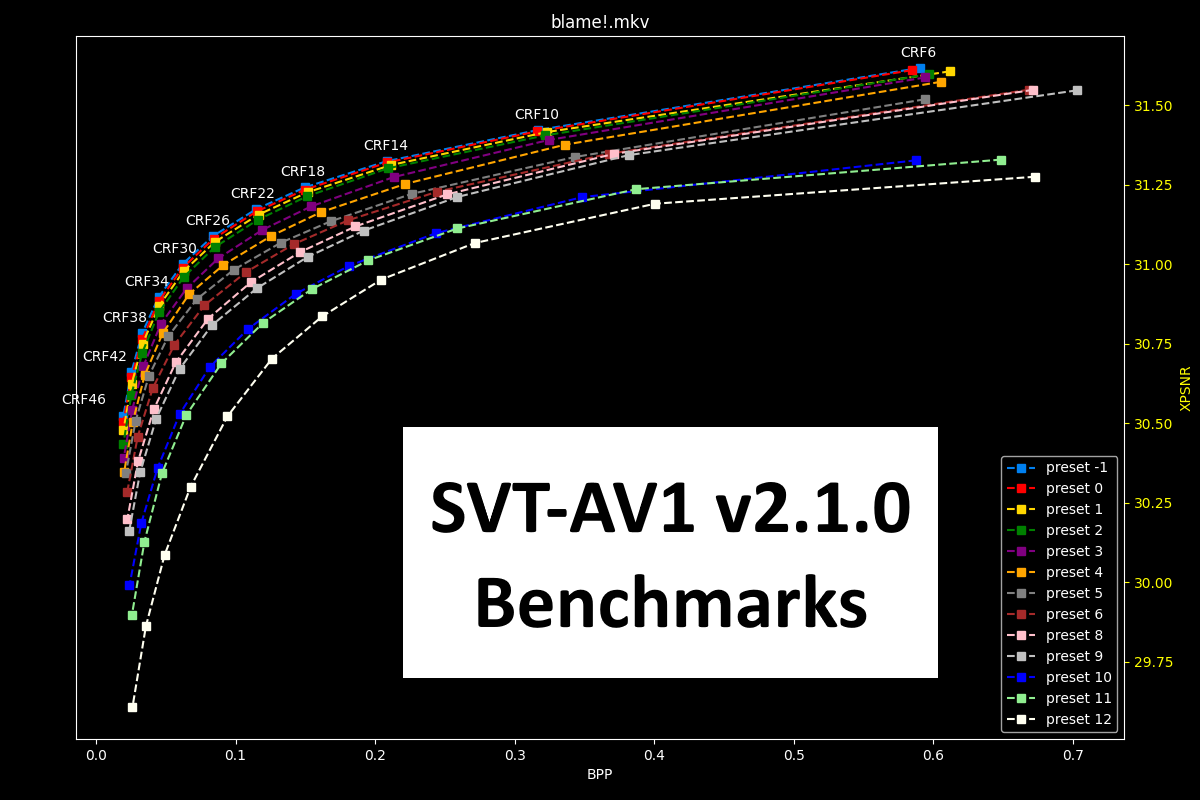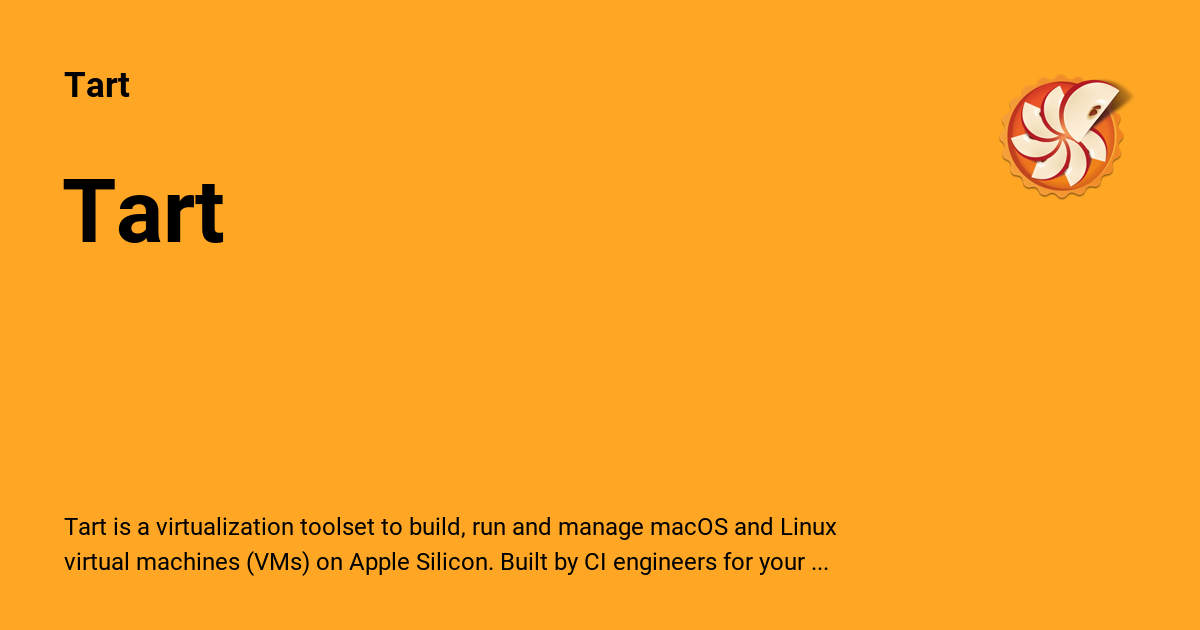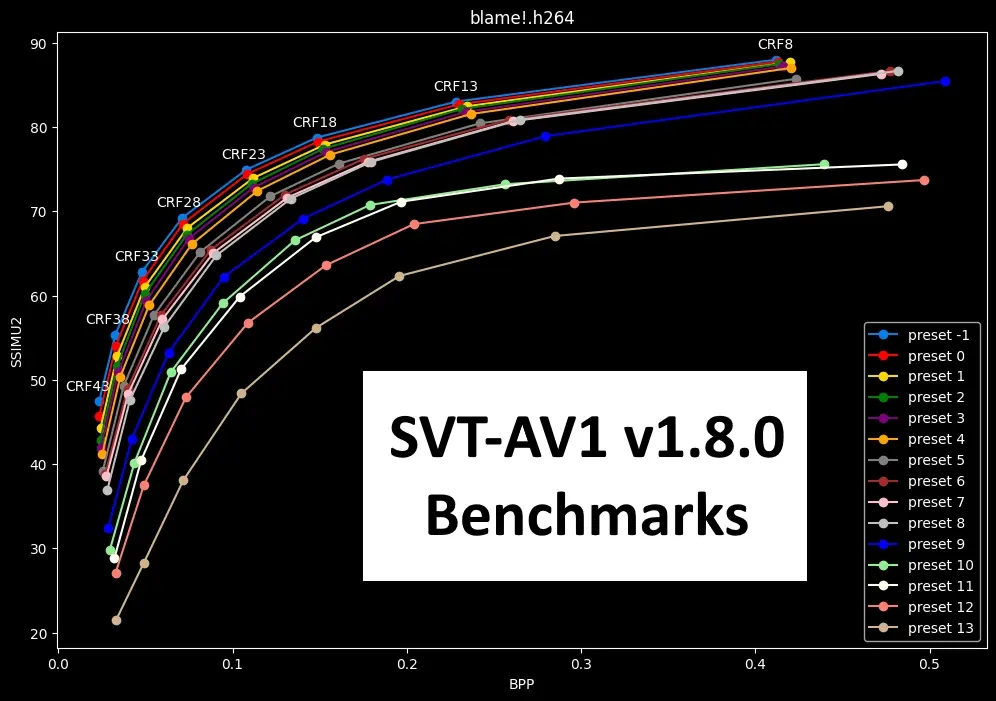I have customized ZSH to be very similar to Fish
Gianni R
AV1 enthusiast, CEO @ the Radix Project
- 22 Posts
- 26 Comments

 1·9 days ago
1·9 days agoI think the wave of hype sort of overshadowed a couple of key points about these chips:
- Performance & efficiency aren’t leaps & bounds ahead of the Intel & AMD crowd
- ARM Windows laptops are still Windows laptops
Battery life is hardware and software.

 5·2 months ago
5·2 months agoI’m partial to macOS and I agree, I think Windows font rendering looks like garbage. On GNOME, I’ve found things to be okay. Sucks that patents are involved in this mess
I’m happy with Wayland

 163·2 months ago
163·2 months agoChrome OS.

 3·2 months ago
3·2 months agoHuawei’s doing great. Plus, there’s a big push in China to consider RISC-V & Linux to reduce dependence on US-based tech like Windows, so seems like all good things

 3·3 months ago
3·3 months agoGo big or go home. No need to stick with anything from a large corporation if you’re already pulling away from M$
Aside from the backdoor (which is a moot point when talking about zstd anyway), there are a number of other very good reasons to use ZSTD.
Yes, it works on Wayland. I’d also give GNOME’s Console a shot.

 341·3 months ago
341·3 months agoLemmy.world is also notoriously mismanaged and has had dubious privacy issues in the past, such as their Discord situation regarding user messages
Mostly positive. My encoding utility Aviator can be shipped with a custom community-backed SVT-AV1 fork in the background without anyone noticing any issues like they would if I linked to system SVT-AV1. Flatpak makes this kind of thing easy, and users don’t have to think about it.
 1·4 months ago
1·4 months agoI hate to admit it, but Word is quite good. Especially when it comes to compatibility and widespread use. I’ve still found myself gravitating towards LibreOffice for a variety of reasons.
As someone who isn’t a big fan of Microsoft, LibreOffice is refreshingly not Microsoft. Open-source, no telemetry, cross-platform with great Linux support, etc.
As for Pages, while it has its merits, I’ve found it to be somewhat limiting and unintuitive compared to other office suites. The compatibility issues you mentioned are a significant drawback, especially if you’re frequently sharing documents with users who primarily use Word. LibreOffice has fantastic Word compatibility in my experience.
The learning curve for Pages can be steep, especially if you’re used to the layout and functionalities of Word or LibreOffice. Apple software is often rightfully praised for its polished interface and user-friendly design, but this doesn’t necessarily translate to a superior user experience in this specific case where learned behavior and muscle memory are relevant.
It is hard to get a concrete answer here, but I’d say keep exploring different options and seeing what works best for you. I’ve found that LibreOffice strikes a good balance between functionality, ease of use, and compatibility. But of course, everyone’s preferences and needs are different - good luck!

 4·5 months ago
4·5 months agoJust yesterday I overwrote some pacnew files and borked user authentication for myself. Very rough time

 2·5 months ago
2·5 months agoI agree with this the most. People obsess over the start menu paradigm simply because they like it in Windows. I desire more open mindedness when it comes to looking into alternative ways to interact with your computer, so I align with GNOME.

 3·5 months ago
3·5 months ago“Anything immutable” is bold. Any bad experiences, personally? I don’t think they’ve negatively impacted the desktop Linux landscape as a whole…

 3·5 months ago
3·5 months agoThis is a balanced take in my opinion. Also an Arch user. Distrobox has helped remedy things somewhat.

 3·7 months ago
3·7 months agoThere occasional hiccups with Linux that are sometimes by design, like Flatpaks not having access to /usr/bin or /usr/local/bin. This makes some things need minor workarounds where they wouldn’t otherwise, because there aren’t enough people on Linux to make these workarounds the norm. I don’t really mind, but it is nice not having to do anything like that on macOS (although there are other issues there, like not having access to /usr/bin in the first place :P)
At the end of the day, though, the development workarounds necessary on Windows are absolutely insane. Even as well documented as they are, I am very glad I don’t need to touch Windows ever again because they still suck.

 72·8 months ago
72·8 months agoLet me know when you can use RCS on an Android phone without Google Play Services outside of Google Messages
VLC isn’t a native Windows app, as it isn’t a native Linux app. Celluloid uses native styling on GNOME systems & is super easy to install with any package manager GUI that supports Flatpak. Installing apps on Linux is always easier by a long shot compared to Windows, especially with Flatpak.
I don’t know what is default on most distros, but it is so easy to change in this case that it is hard to even consider the default media player relevant compared to on Windows where there are fewer options for apps like VLC that actually give you a native experience















Throughout the entire OS. Image CDNs are adopting JXL on some scale - Cloudinary reportedly ships billions of JXL images regularly